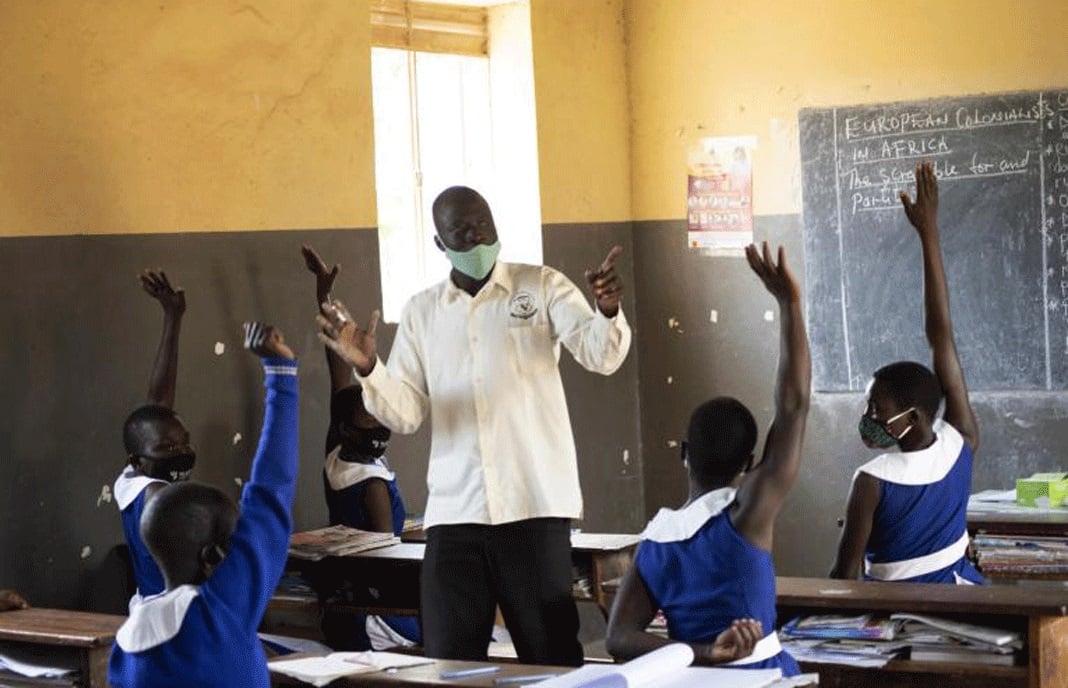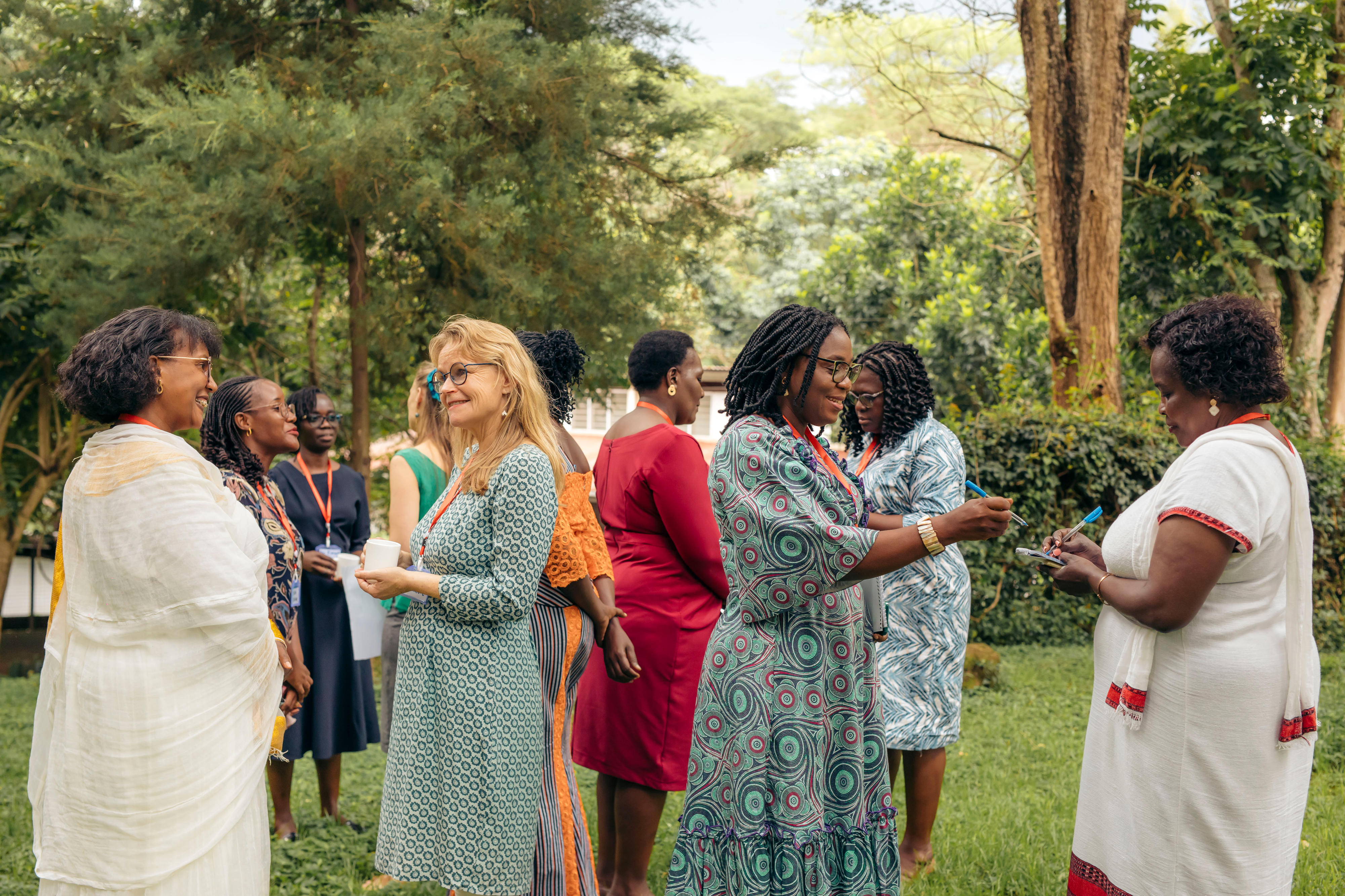UPDF to recruit more 10,000 LDUs

President Museveni officiating passing out of the Local Defence Unit personnel in 2019. PHOTO/ FILE / PPU
The Uganda People’s Defence Forces (UPDF) has announced recruitment of another batch of Local Defence Unit (LDU) personnel countrywide starting next week.
In a statement issued by the Force’s spokesperson, Brig Gen Flavia Byekwaso, the recruitment exercise will last about four weeks [August 23 to September 16].
“Hand written applications to be submitted to the office of the Resident District Commissioner (RDC) strictly between August 23 to 27. Must indicate nationality, age, marital status, and accompanied with national identification card and academic credentials,” the statement reads in part.
The shortlist will then be pinned at the respective district headquarters from September 2 to 16 and dates of reporting to recruitment centres will be announced.
“Applicants must be Ugandan citizens aged 18 to 29, medically, physically fit and must hold UCE or artisan certificate with good conduct and no criminal record. Letter of recommendation from the LC or GISO is a must,” the statement further reads.
Asked why the UPDF is recruiting more LDU personnel, Lt Col Ronald Kakurungu, the Force’s deputy spokesperson told Daily Monitor that it’s a normal recruitment as these assist the UPDF in fulfilling its constitutional mandate of defending the sovereignty and integrity of Uganda.
“The LDU are part of the security apparatus that we call auxiliary forces. We have previously worked with them, like the operation in Northern Uganda against the Lord Resistance Army (LRA), in Western Uganda against the Alliance Democratic Forces (ADF) and in the Karamoja disarmament operations. So it is not something new that we are starting afresh, we have always worked with them,” he explained.
Col Kakurungu said the UPDF is looking at recruiting about 10,000 LDUs countrywide to boost the already existing number in all divisions countrywide.
“In Kampala Metropolitan Area we have about 7,000. This time we are recruiting to boost the number in all our divisions countrywide. Every division has at least two brigades of LDUs that they work with,” he said.
There are more than 25,000 LDU recruits countrywide, most of whom were recruited in 2018 following an increased wave of crime in various parts of the country including killing of some high profile personalities.
Was this budgeted for?
The UPDF two years ago (2019) came under the spotlight for failing to pay the LDUs who had been deployed in Kampala and surrounding areas.
Then Minister of Defence and Veteran Affairs Adolf Mwesige, while appearing before the Parliamentary committee on Defence and Internal Affairs, said their request of Shs80.4b to cater for the LDU wages had been rejected by the Treasury, leaving them stuck.
However, Col Kakurungu said that at that time (2018 to 2019) there were unforeseen security situations in the country that required urgent recruitment of the LDUs to fill the security vacuum.
“The context in which Hon Adolf Mwesige said that time, was because this was a stop gap measure, there was a lot of insecurity in Kampala and the presidential directive came immediately, so we had to squeeze within what we had to make sure that the program is implemented,” Col Kakurungu explained, affirming that, “This time round we had it on our work plan and it’s in the budget that was approved.”
Discipline
When asked about how they UPDF will manage the discipline of the LDUs, given the reports that had come through in the recent years implicating some of them in brutality and theft, Col Kakurungu said it is just a few isolated cases and the individuals will always be dealt with in accordance with the law.
Last year the LDUs had to be recalled for a three weeks refresher course in human rights and law enforcement, following numerous complaints of brutality, torture and murder involving them across the country, during the Covid-19 induced lockdown.
“They have generally done a good job, those are isolated cases and we shall discipline them in our army courts. We also keep giving them refresher training just to keep them in check,” he said.
The new recruits will be trained be trained for six months starting October before they are deployed, according to Col Kakurungu.




